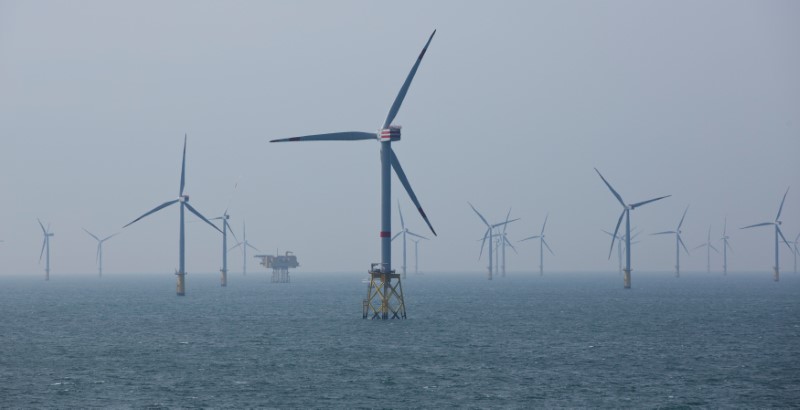DUESSELDORF, Germany (Reuters) - Municipal shareholders in RWE have called on Germany's biggest power producer to drive a hard bargain in talks with the government over compensation for a planned phase-out of coal-fired power plants.
A government-appointed commission has proposed Germany shut down all of its coal power stations by 2038 at the latest, recommending at least 40 billion euros (35 billion pounds) in aid to the regions affected.
The move deals a particular blow to RWE, which operates 13.3 gigawatt (GW) of lignite and hard coal-fired power plants in Germany, significantly more than smaller peers LEAG, EnBW, Uniper, Steag and Vattenfall
"From the municipalities' point of view, the decisions can only be absorbed financially if there is adequate compensation," said Ernst Gerlach, head of VkA, which represents RWE's municipal shareholders.
"RWE should take a tough stance in the pending negotiations over power plant shutdowns," he said on Wednesday.
In a sign that the commission's proposals could be watered down by the coalition parties, a key lawmaker from Chancellor Angela Merkel's conservatives also criticised the recommended steps.
JOB WORRIES
Gerlach said the municipalities hold about 18 percent in RWE after some cities and regional authorities sold shares in the group following years of poor performance. Shares are down 78 percent from their all-time high in 2008.
RWE has said that the commission proposals, which foresee 12.7 GW of plant closures by 2022, would cause severe job cuts at the group, which employs about 10,000 staff in the Rhenish coal mining area alone.
"We are very concerned by the looming staff reduction. An RWE worker driving an excavator cannot simply find a new adequate job," Gerlach said.
Joachim Pfeiffer, spokesman for economic affairs in Merkel's conservative bloc, said the proposed measures would push up energy prices and not reduce emissions effectively.
"It's not only me, there are also other party colleagues in our parliamentary group who see the decisions of the coal commission extremely critically," Pfeiffer said.
"It leaves the impression of implementing a climate policy only for symbolic purposes - regardless of the economic costs and damage," Pfeiffer added.
